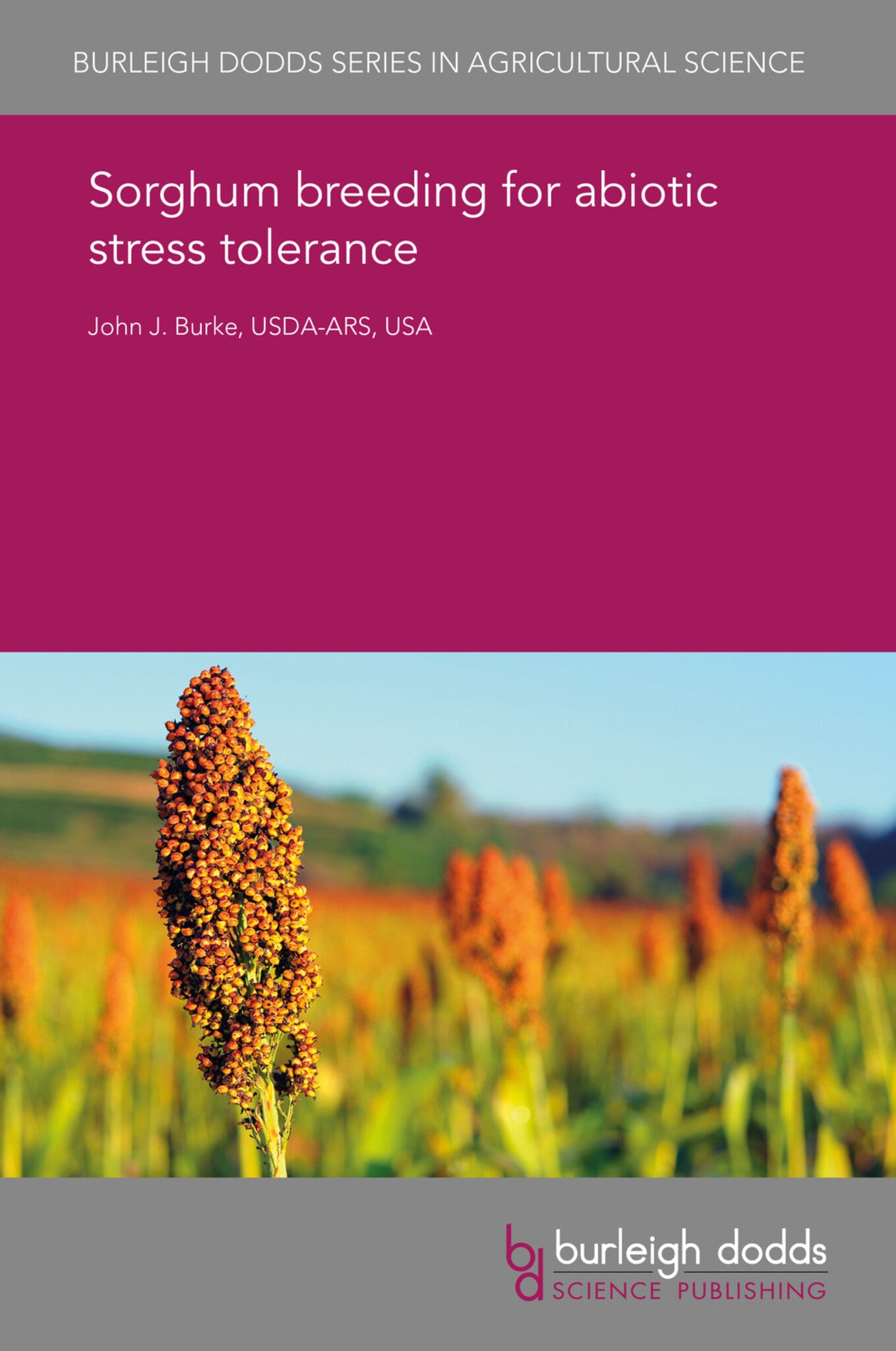We're sorry. An error has occurred
Please cancel or retry.
Sorghum breeding for abiotic stress tolerance

Some error occured while loading the Quick View. Please close the Quick View and try reloading the page.
Couldn't load pickup availability
- Format:
-
04 July 2018


TECHNOLOGY & ENGINEERING / Agriculture / Agronomy / Crop Science, Botany and plant sciences, TECHNOLOGY & ENGINEERING / Agriculture / Sustainable Agriculture, TECHNOLOGY & ENGINEERING / Agriculture / Agronomy / General, Sustainable agriculture, Agronomy and crop production

1 Introduction 2 Exploiting genetic diversity: cold tolerance 3 Exploiting genetic diversity: drought tolerance 4 Identifying QTL for post-flowering drought tolerance 5 Case studies in improving drought tolerance 6 Summary 7 Where to look for further information 8 References



